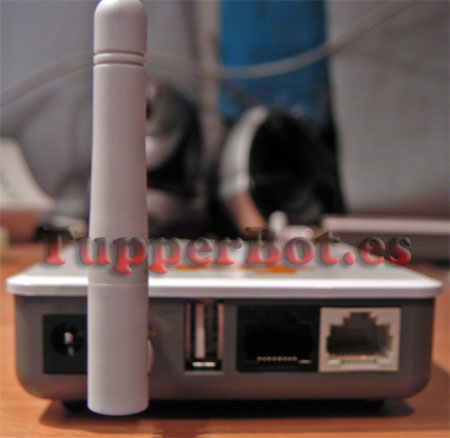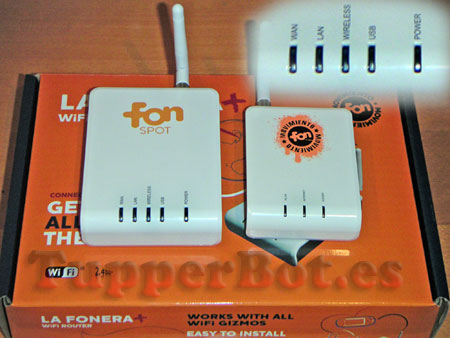Il piccolo eeepc mi ha lasciato. O, meglio, l’ho lasciato nelle mani di Surreale e la Jfamily affinché ne scaturisse una recensione al femminile.
Già, perché come per ogni oggetto Geek o Tech, si trovano parecchie impressioni al maschile, al limite nerd, ma poche al femminile.
Quindi, all’occhio.
Per quanto riguarda questo blog, chiudiamo, per ora, l’argomento, con qualche benchmark. In realtà, ne ho compiuti 3. Uno con l’eeepc “liscio”, con Xubuntu e in condizioni di utilizzo per me normali, Firefox aperto, Pidgin e Skype aperti, le altre due nelle medesime condizioni, ma con un overcklock via sistema operativo e uno via bios.
Ecco i risultati dei benchmark compiuti con Geekbench 2.0.10 build 347. Per esteso metto solo alcuni dati salienti, per i dettagli, scaricate pure i file in allegato a questo post:
Eeepc standard:
Score: 487
Elapsed time: 243.3
Eeepc OS overclock:
Score: 780
Elapsed time:132.1
Eeepc BIOS overclock:
Score: 790
Elapsed time:119.2
Ora qualche informazione sul disco ottenuta con hdparm:
/dev/sda:
geometry = 486/255/63, sectors = 7815024, start = 0
ATA device, with non-removable media
Model Number: SILICONMOTION SM223AC
Serial Number: 85603888557903451710
Firmware Revision:
Standards:
Supported: 4
Likely used: 6
Configuration:
Logical max current
cylinders 7753 7753
heads 16 16
sectors/track 63 63
--
CHS current addressable sectors: 7815024
LBA user addressable sectors: 7815024
device size with M = 1024*1024: 3815 MBytes
device size with M = 1000*1000: 4001 MBytes (4 GB)
Capabilities:
LBA, IORDY(may be)(cannot be disabled)
Standby timer values: spec'd by Vendor
R/W multiple sector transfer: Max = 1 Current = 0
Advanced power management level: unknown setting (0x0000)
DMA: mdma0 mdma1 mdma2 udma0 udma1 *udma2 udma3 udma4
Cycle time: min=120ns recommended=120ns
PIO: pio0 pio1 pio2 pio3 pio4
Cycle time: no flow control=120ns IORDY flow control=120ns
Commands/features:
Enabled Supported:
* SMART feature set
Power Management feature set
WRITE_BUFFER command
READ_BUFFER command
NOP cmd
CFA feature set
Advanced Power Management feature set
HW reset results:
CBLID- below Vih
Device num = 0
Integrity word not set (found 0x0000, expected 0x81a5)
/dev/sda:
Timing cached reads: 210 MB in 2.02 seconds = 103.85 MB/sec
/dev/sda:
Timing buffered disk reads: 44 MB in 3.24 seconds = 13.60 MB/sec
Eeepc standard
Eeepc OS overclock
Eeepc BIOS overclock


